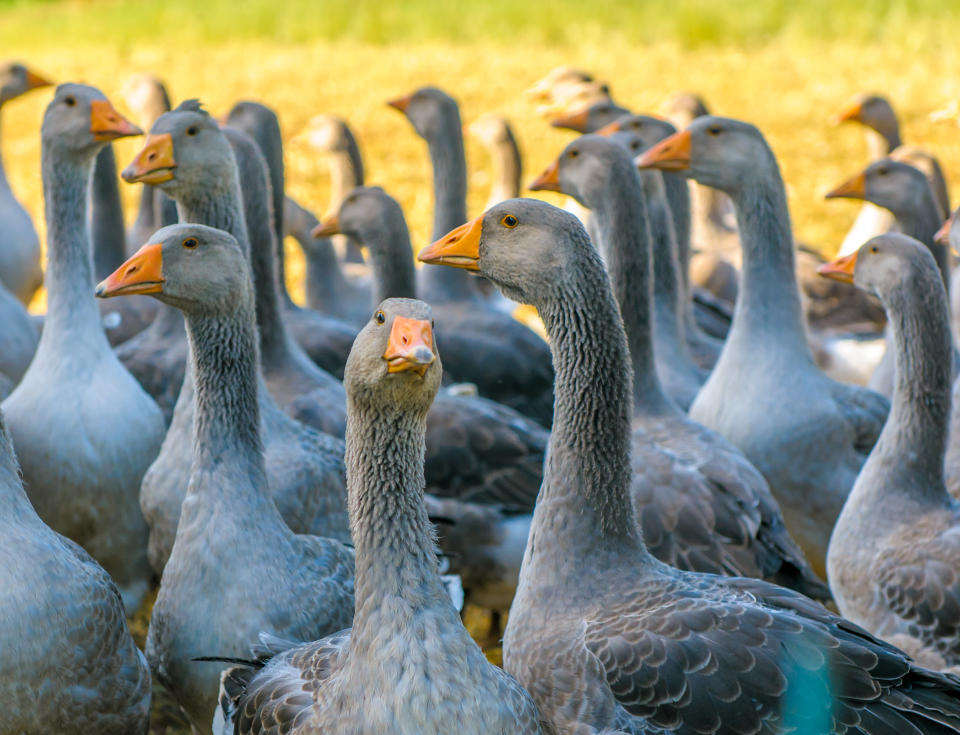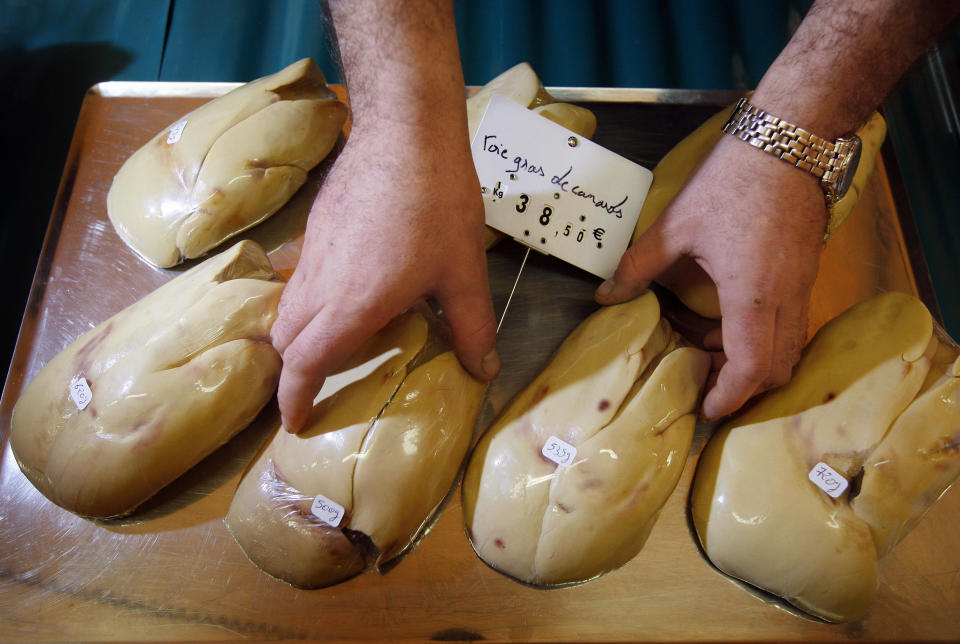Labour sets out post-Brexit vision — to ban French foie gras

Leader Jeremy Corbyn may have avoided setting out the kind of deal he wants with the EU, but at least one plank of Labour’s Brexit vision is now clear – banning foie gras imports.
The party tried to add a complete ban to Brexit farming legislation in the House of Commons on Tuesday, with one MP arguing it was why some people voted to leave the EU.
Foie gras production is banned in the UK, but French imports of the product, made from force-fed geese and ducks, cannot be stopped under the rules of the European single market. The Labour amendment failed to pass, but a Conservative minister said the government may consider a ban in future, depending on the deal negotiated with the EU over Britain’s departure.
Labour MP David Drew told parliament: “If we ban production here, why are we still allowing imports to a very small number of establishments that still condone something that we would put at the extremes of animal cruelty?
“It is one of the things that certain people prayed in aid of the advantage of leaving the EU—that is, that we could bring about some of these animal welfare changes. It was a crucial argument. It was not quite as big an argument as the £350m-a-week for the NHS, but it was nevertheless an argument,” added the shadow minister for the environment, food and rural affairs.

George Eustice, a minister at the department for environment, food and rural affairs, agreed it was an “important ethical issue”, and told MPs that production had been illegal in the UK since 1911. But he said French products had been called “ethical foie gras”, adding that the geese were not force-fed.
“It would be an option for a government, depending on the nature of the agreement we finally have with the EU, to ban the import of foie gras, in much the same way as India does, but I do not believe the Bill is the right place for it,” he added.
The environment secretary Michael Gove had raised hopes of such a ban earlier this year, after Labour included the idea among 50 proposals to improve animal welfare. But he admitted in July that France may block any trade agreement that included a ban, in a bid to protect its farmers.

 Yahoo Finance
Yahoo Finance 